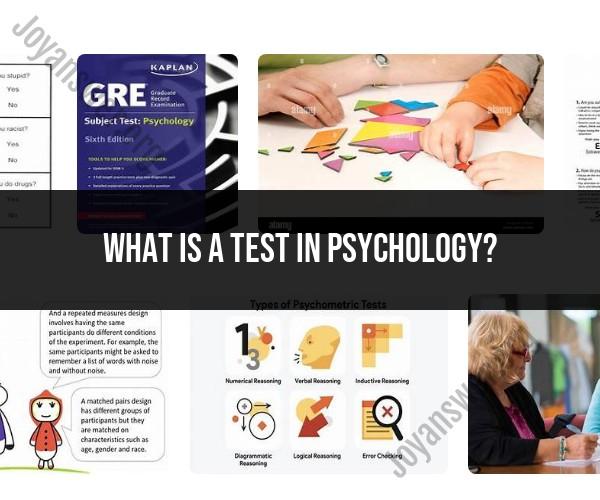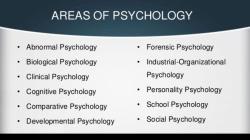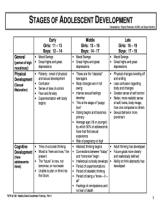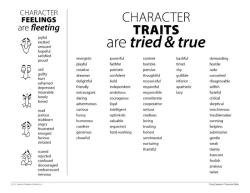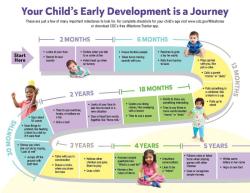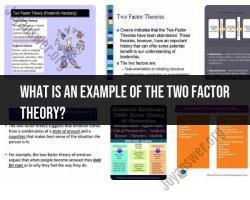What is a test in psychology?
Psychology tests are tools used to assess various aspects of an individual's psychological functioning, behavior, cognitive abilities, emotions, and personality traits. These tests are designed to provide insights into a person's mental health, cognitive strengths and weaknesses, and overall psychological well-being. They serve diverse purposes and come in different types. Here's an exploration of the purpose and types of psychology tests:
Purpose of Psychology Tests:
Assessment and Diagnosis: Tests help psychologists diagnose psychological disorders such as depression, anxiety, ADHD, and more. They provide objective information for accurate assessment.
Treatment Planning: Test results guide treatment planning by identifying specific issues and tailoring interventions to an individual's needs.
Screening: Some tests are used as screening tools to identify potential psychological issues that require further assessment.
Research: Psychology tests are used in research studies to investigate psychological phenomena, cognitive processes, behavior, and more.
Personality Assessment: Tests measure personality traits and characteristics, helping individuals understand themselves and their interpersonal dynamics.
Career Guidance: Certain tests help individuals identify career paths that align with their interests, strengths, and values.
Educational Assessment: Educational tests assess cognitive abilities and learning difficulties, aiding educators in designing effective teaching strategies.
Types of Psychology Tests:
Clinical Assessment Tests:
- Used for diagnosing and assessing mental health disorders.
- Examples: Beck Depression Inventory, Generalized Anxiety Disorder 7 (GAD-7), Mini-Mental State Examination (MMSE).
Intelligence Tests:
- Measure cognitive abilities, such as reasoning, problem-solving, and memory.
- Examples: Wechsler Adult Intelligence Scale (WAIS), Stanford-Binet Intelligence Scales.
Personality Tests:
- Assess personality traits, characteristics, and behavior patterns.
- Examples: Minnesota Multiphasic Personality Inventory (MMPI), Myers-Briggs Type Indicator (MBTI).
Neuropsychological Tests:
- Evaluate cognitive functions, memory, attention, and executive functions.
- Examples: Trail Making Test, Stroop Test, Wisconsin Card Sorting Test.
Projective Tests:
- Require individuals to respond to ambiguous stimuli, revealing underlying emotions and thoughts.
- Examples: Rorschach Inkblot Test, Thematic Apperception Test (TAT).
Interest Inventories:
- Identify an individual's interests and preferences for career planning.
- Examples: Strong Interest Inventory, Self-Directed Search.
Aptitude Tests:
- Measure specific skills and abilities related to future performance or learning potential.
- Examples: Scholastic Assessment Test (SAT), Graduate Record Examination (GRE).
Behavioral Assessment:
- Observes and records behaviors in natural settings to understand and modify behavior.
- Examples: Functional Behavior Assessment (FBA), Direct Observation.
Anxiety and Depression Scales:
- Focus on assessing symptoms of anxiety and depression.
- Examples: Hamilton Anxiety Rating Scale (HAM-A), Patient Health Questionnaire-9 (PHQ-9).
Cognitive Function Tests:
- Measure cognitive abilities, including memory, attention, and problem-solving.
- Examples: Montreal Cognitive Assessment (MoCA), Clock Drawing Test.
It's important to note that psychology tests should be administered and interpreted by qualified professionals to ensure accurate results and appropriate use. Ethical considerations, cultural sensitivity, and individual differences should always be taken into account when using psychology tests in any context.
